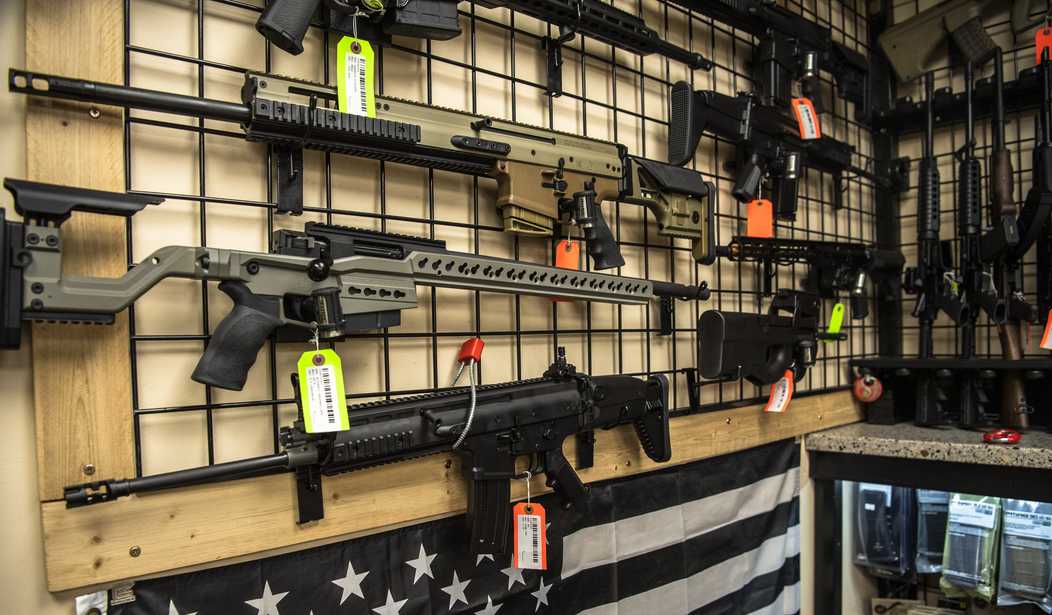People shouldn't use drugs recreationally.
However, there are people who don't think I should drink bourbon recreationally, so I suppose there's plenty of judgment to go around.
Yet I can drink a bourbon and not have to worry about having my guns taken from me or being sent to prison for being someone who drinks and owns firearms. For people who use drugs, though, that's a different matter.
As Hunter Biden, for example.
Now, before the Fifth Circuit, that law is coming under scrutiny.
How the US Supreme Court’s recent decision in US v. Rahimi bears on the constitutionality of a law barring drug users from possessing guns was the focus of questioning by Fifth Circuit judges Tuesday.
“How would the statute operate in a place like Colorado, which has much more liberal marijuana usage laws?” Judge Kurt D. Engelhardt asked the government. “Would the state law have any type of impact, or do we just say anybody who regularly and habitually uses marijuana in the state of Colorado would be a felon under the section?”
“If they possess a firearm, our position is the latter,” said Mahogane Denea Reed, an attorney for the government. But, Reed said, that could be taken up on an as-applied challenge and not resolved in the case before the court.
“With the benefit of Rahimi from the Supreme Court, they want us to look at this from every different point of view that we can imagine,” Engelhardt responded.
The questioning came as the US Court of Appeals for the Fifth Circuit heard oral arguments in the government’s appeal of a district court ruling that the law, Section 922(g)(3), is unconstitutional. US District Judge Kathleen Cardone’s 2023 order tossed a federal indictment against Paola Connelly on Second Amendment grounds.
...
The Rahimi decision—which reversed the Fifth Circuit— came after the high court’s 2022 Bruen decision. Bruen held that courts should look to the nation’s history of firearms regulation in determining whether a a gun law has run afoul of the Second Amendment.
The government’s analogs for 922(g)(3)—historical restrictions on gun use for intoxicated people, dangerous people, and mentally ill people—"combined justify the statute,” Reed argued.
And, honestly, I wouldn't be surprised if that's what we see in the final ruling. Of course, people who use drugs recreationally, such as in the aforementioned Colorado where they can do so legally, aren't necessarily mentally ill. Further, the prohibition on the mentally ill owning guns has historically only applied to those who were shown to be dangerous, so I'm not entirely sure that the last part applies.
After all, mild anxiety isn't exactly grounds to strip someone of their Second Amendment rights.
But it's definitely clear that Rahimi, rather than clarifying things, likely created a much bigger mess than its supporters might like to believe. In this case, attorneys are trying to argue that these measures are close enough without anyone really understanding how close is enough on something like this.
The questioning is happening and we'll have to see how it's decided here.
Then, we'll likely see another appeal to the Supreme Court when the Court may well decide to hear yet another Second Amendment case and make an even bigger muddled mess of it or they may pass and forego any chance at clarifying. Sure, they might actually make things right somewhere along the line, but I'm not really sure I'm willing to hold my breath on that one happening.
We thought after Bruen that we had the golden ticket to protect our gun rights for generations to come.
The justices we hoped would use it just that way let us down and I can't help but look at this in the Fifth Circuit and figure that it's just going to keep happening.








Join the conversation as a VIP Member